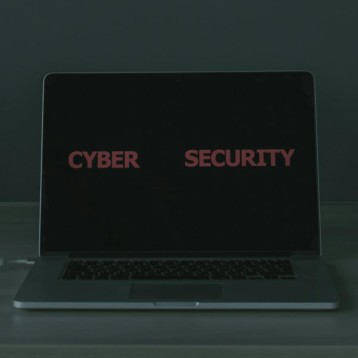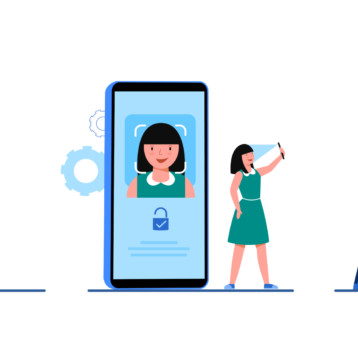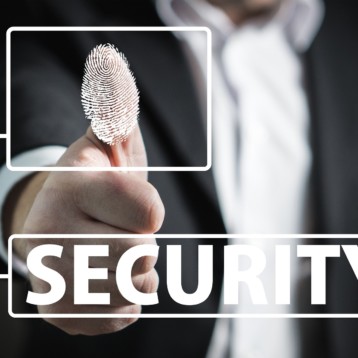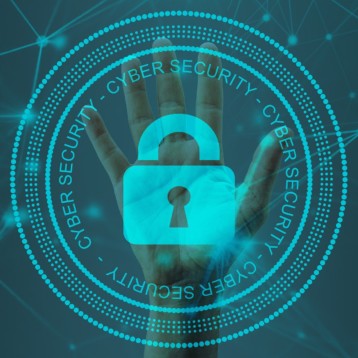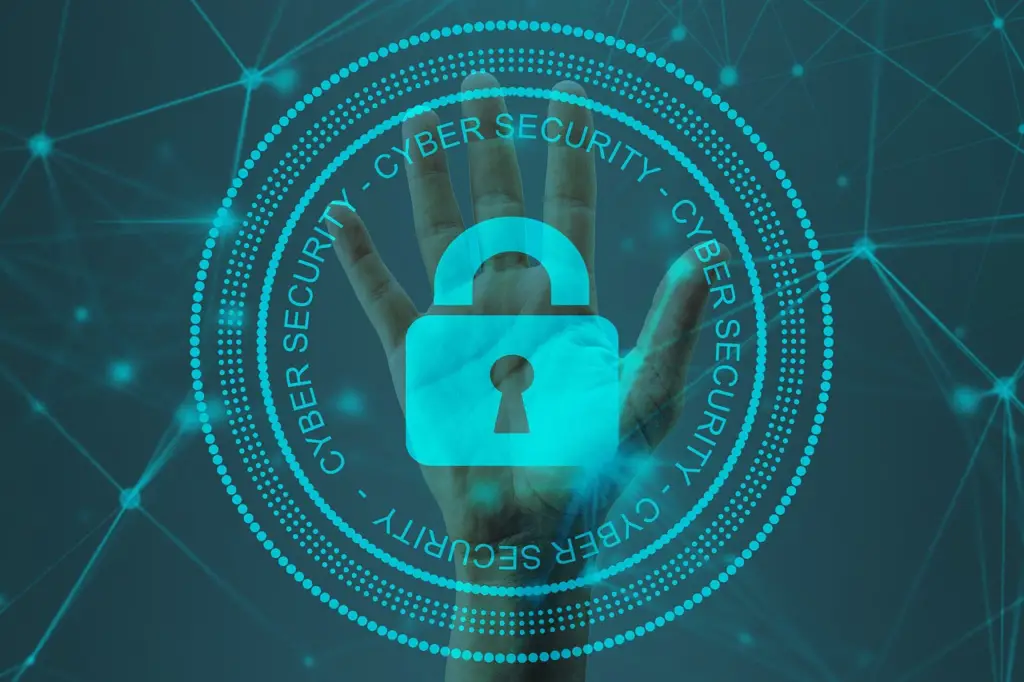
Browsing the internet can expose you or your business to many risks, such as hackers who may steal your browsing history, personal data, and payment information. To boost your protection online, chances are high that you have considered using a virtual private network (VPN) or private browsing. Read on to understand these options and determine which among them would be ideal for you and your organization.
Understanding Private Browsing and How to Use it
Today, many advanced browsers come with a private browsing feature that users can easily access through the file menu. Here are some examples.
- Google Chrome comes with the Incognito mode
- Safari browser features Private Browsing
- Microsoft Edge comes with InPrivate Browsing
- Opera browser comes with inbuilt private tabs
- Firefox features Private Browsing
The browser does not save your local data like cookies or search and the browser history with the private browsing feature.
How Safe is the Private Browsing Feature?
Even though your browser will not store data on your local computer or device, the private browsing feature does not prevent data sharing between your ISP (internet service provider) and computer.
Third parties can also recognize activity clues associated with private browsing periods, which cybercriminals can utilize to manipulate entry portals to the operating system. Can private browsing protect users from theft and fraud when they feed their financial information and passwords into online websites? Some people say private browsing can protect internet users from malware, viruses, and possible hacking attempts because local data is not retained. How true is this? Such claims lack tangible evidence. Remember, private browsing leverages an IP(internet protocol) address from your ISP. As a result, third parties may recognize your browsing period and take advantage of its flaws.
Worth mentioning is that HTML5 APIs, software bugs, and browser extensions have previously been the origin of random leaks that give third parties access to internet history and search via private browsing. Consider adopting a robust virtual private network to safeguard your history data, internet browsing, and search.
How does a Virtual Private Network Operate?
A virtual private network hides your IP address by reallocating it via a uniquely set up remote server that the VPN host operates. When users browse the internet through a VPN, it becomes the source of their data, hiding their search and browsing history from their ISP. a VPN operates as a filter that converts all the data you send or receive into difficult-to-understand information. Should anybody access the data, it would be of no use.
There has been a never-ending debate on whether iOS users should or should not use VPN on their devices. Some of them claim that the devices have robust features and do not need additional protection. It’s worth mentioning that a virtual private network does not safeguard your gadget. It helps protect your network connections and privacy, meaning even if you use iOS – you should use VPN to protect your delicate data from cybercriminals. Both mobile gadgets and personal computers can benefit from a VPN. Apart from hiding your private data and identity, installing a VPN of your iOS devices reinforces your gadget’s security, especially when using public networks.
The VPN you choose should be secure enough to guarantee protection with no chances of getting compromised. A reliable VPN should be able to encrypt your internet protocol address from your ISP provider or any other third party. This feature enables you to receive or send information online safely. Only you and your virtual private network provider can see what you do online.
A Good VPN Stops Internet Users from Leaving a Trail After their Browsing Sessions
A reliable VPN should prevent internet users from leaving a trail behind after their browsing sessions. For example, the VPN should eliminate cookies, search history, and internet history.
Cookie encryption prevents third parties from recognizing your sensitive data like your financial information, personal details, or any other information you submit to websites that you don’t want cyber criminals to discover. If your virtual private network stops working, your secure connection will be interrupted, too, putting you in untold danger. To prevent such from happening, the VPN you choose should determine the downtime and stop pre-chosen programs from running. Doing so reduces the chances of having your information compromised.
A secure virtual private network is designed to verify individuals attempting to access your network through various authentications. For example, you may have to enter a password, after which a code will be forwarded to your mobile gadget. Such robust processes prevent third parties from accessing your protected connection.
Finally
While cyber criminals pose a risk to your data, you can adopt robust steps to reinforce protection. A VPN is an excellent method of encrypting your IP address and hiding it to prevent unnecessary risks.

